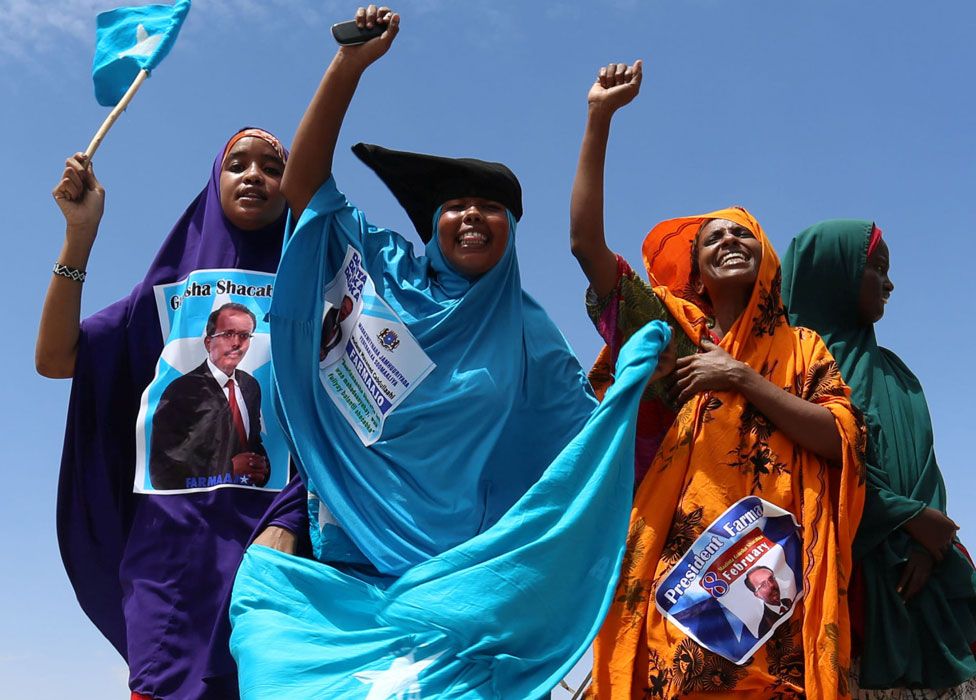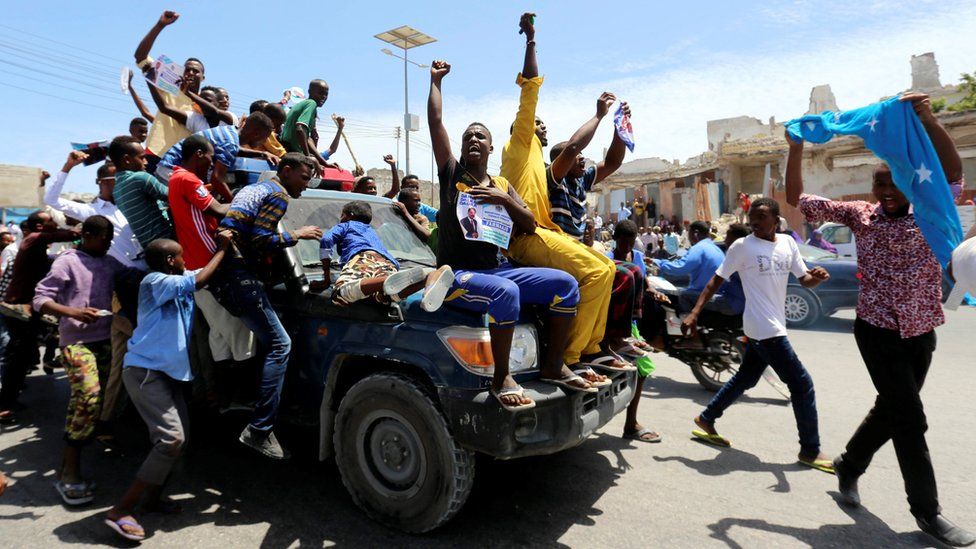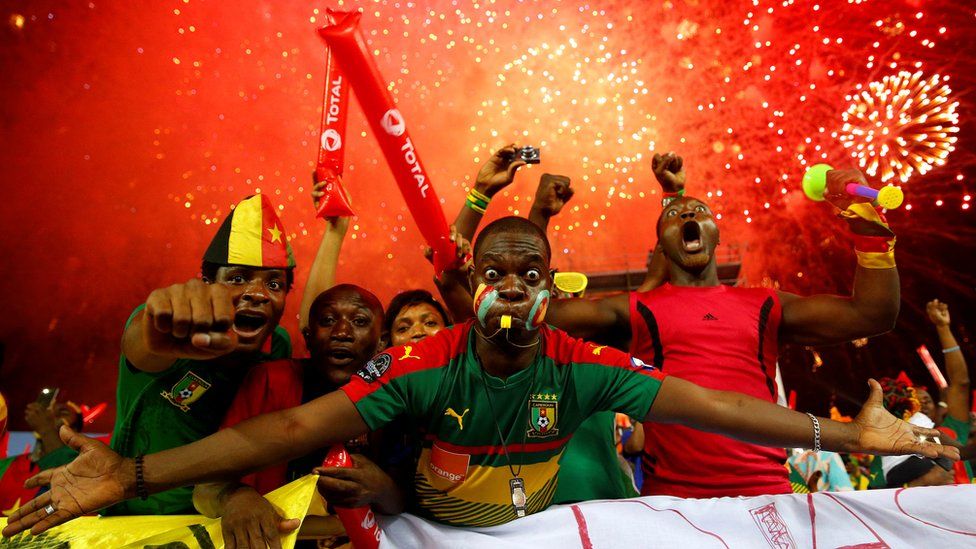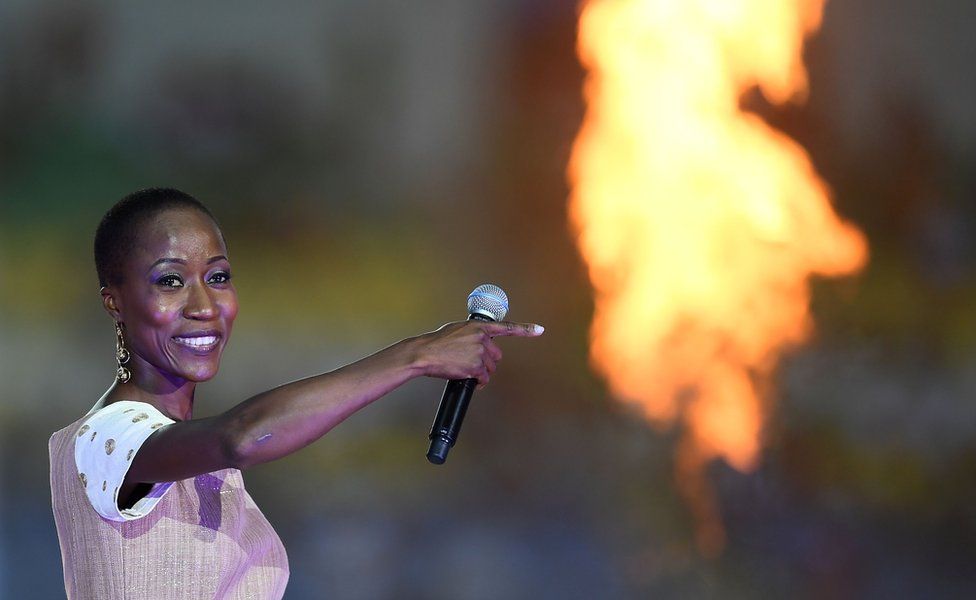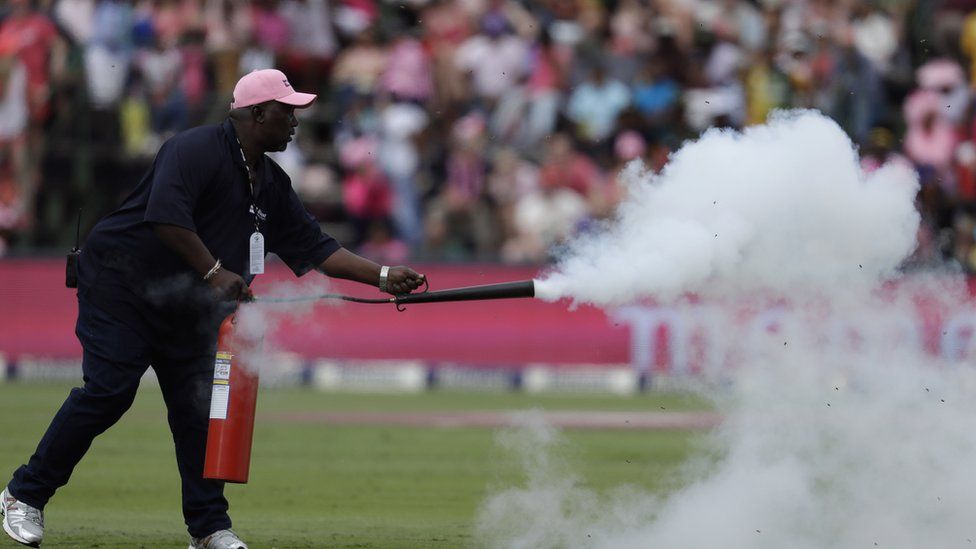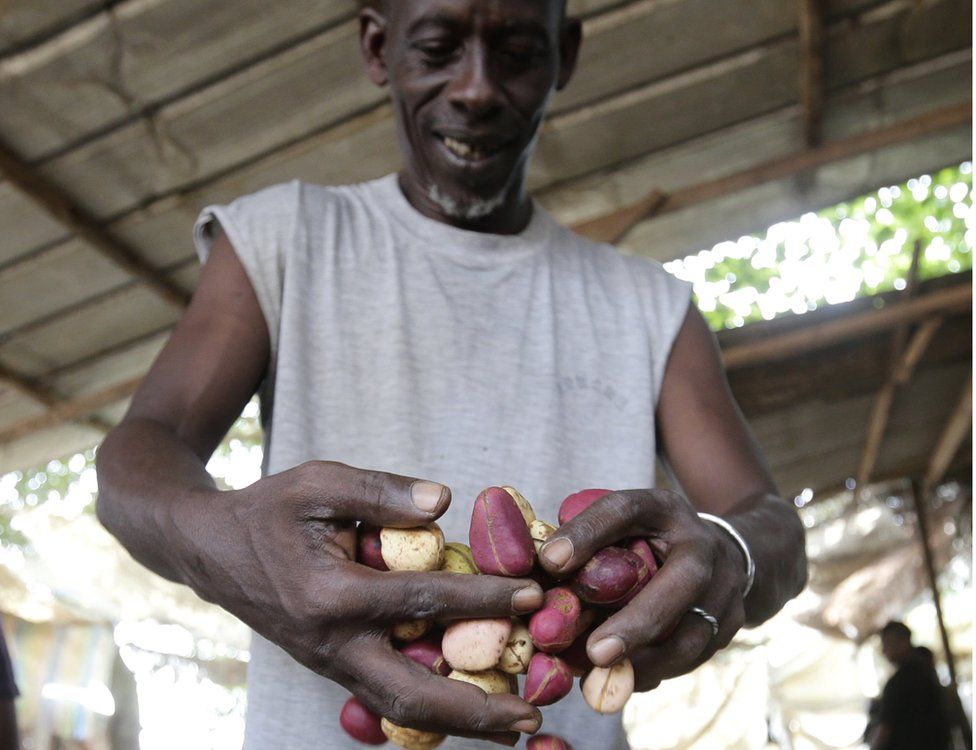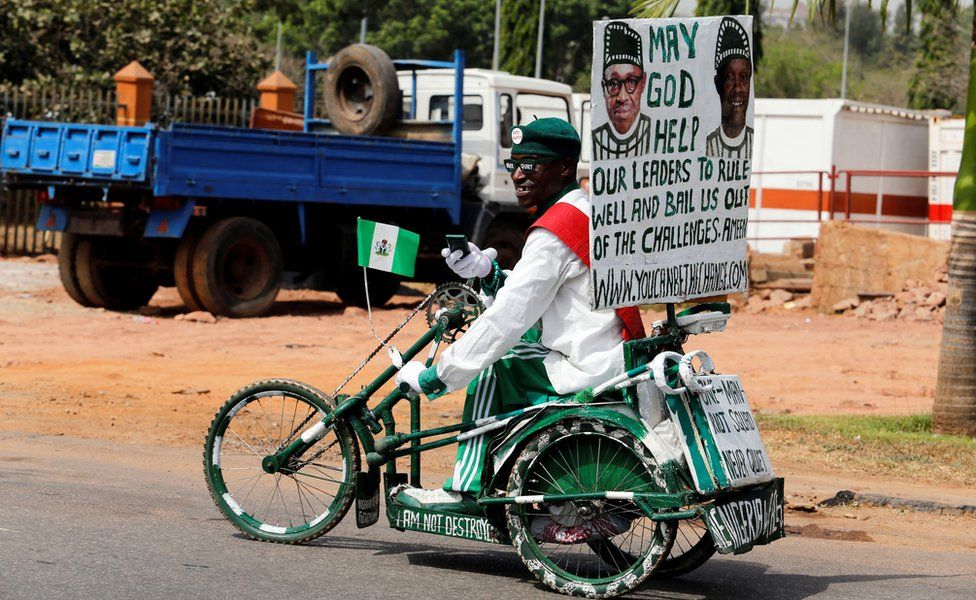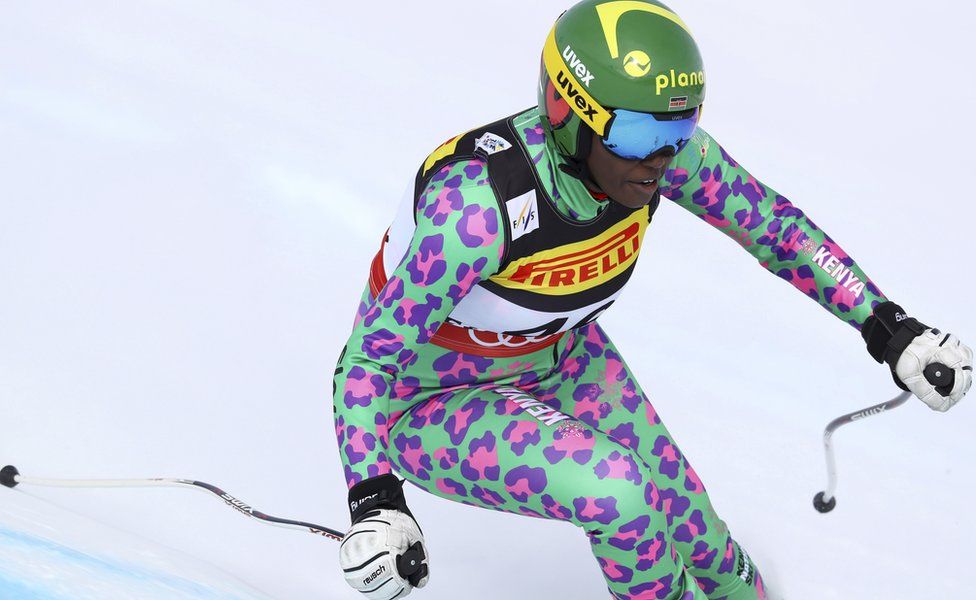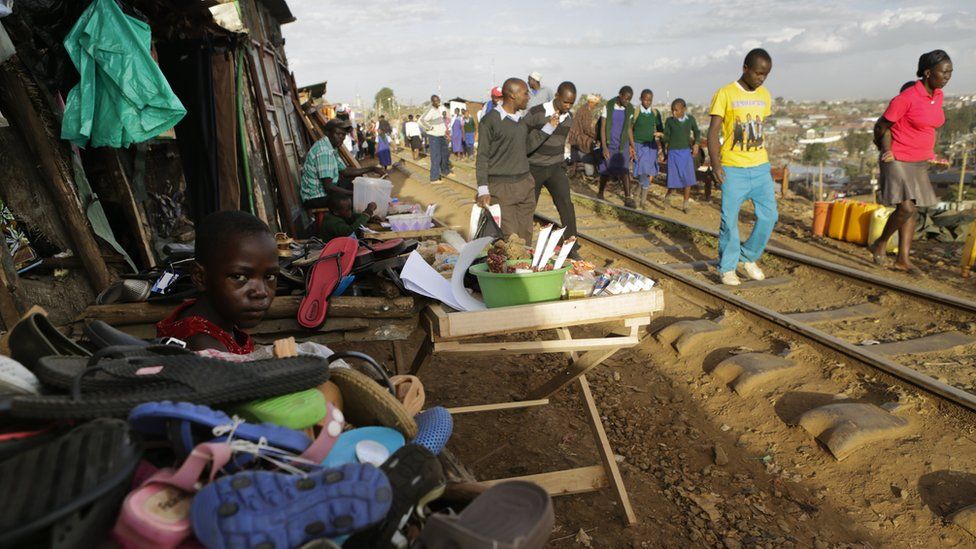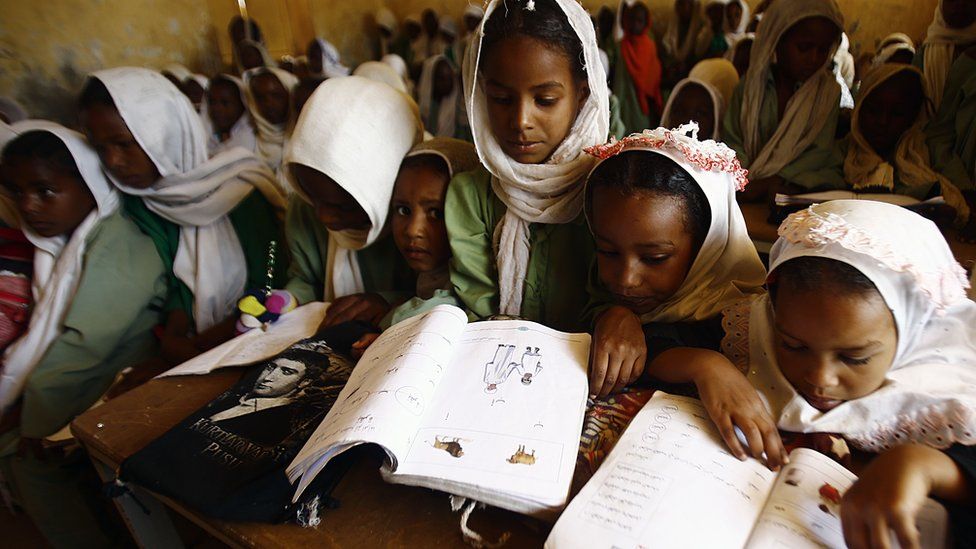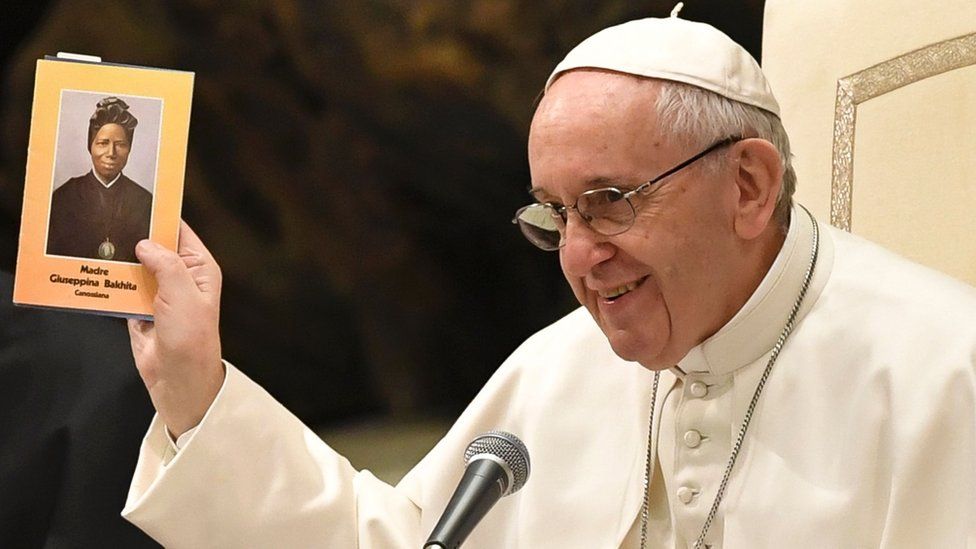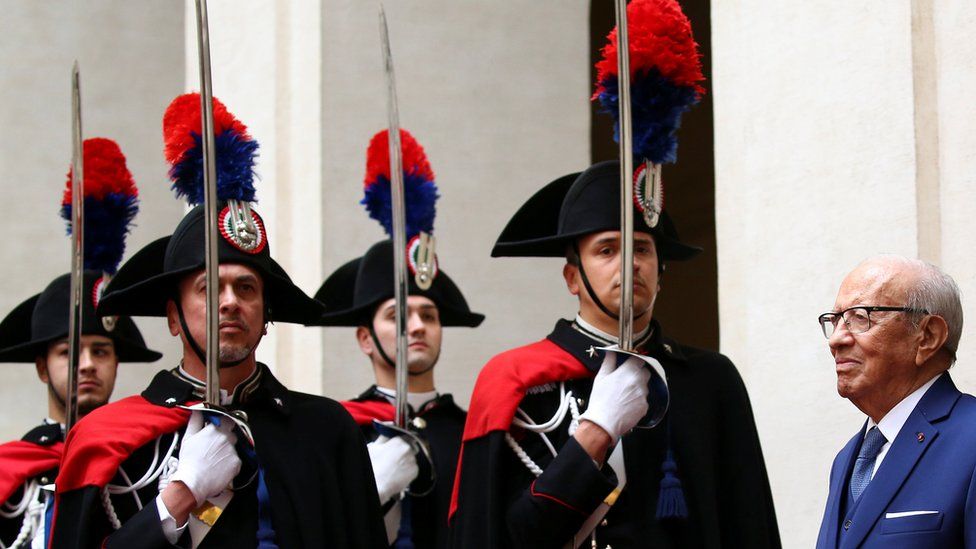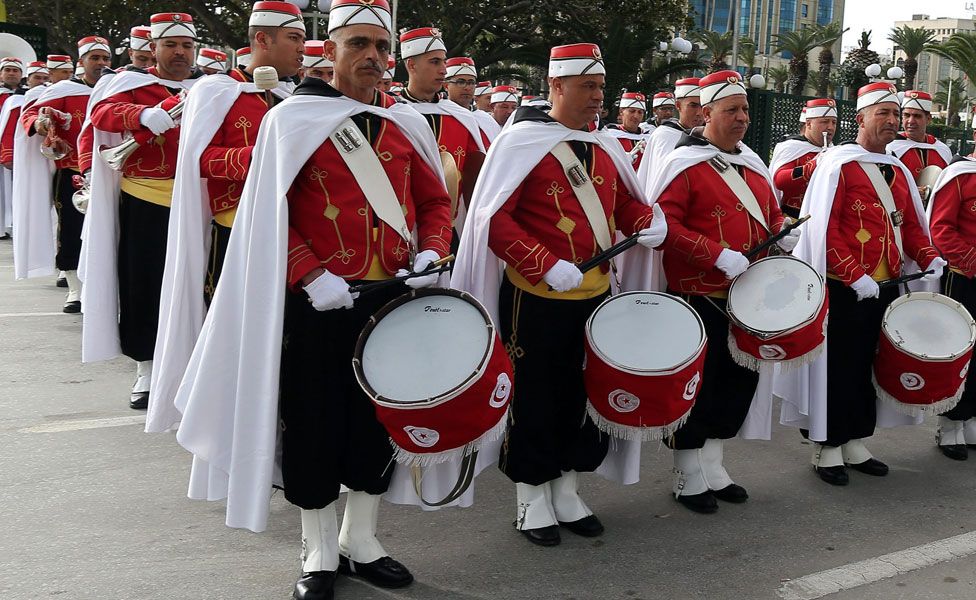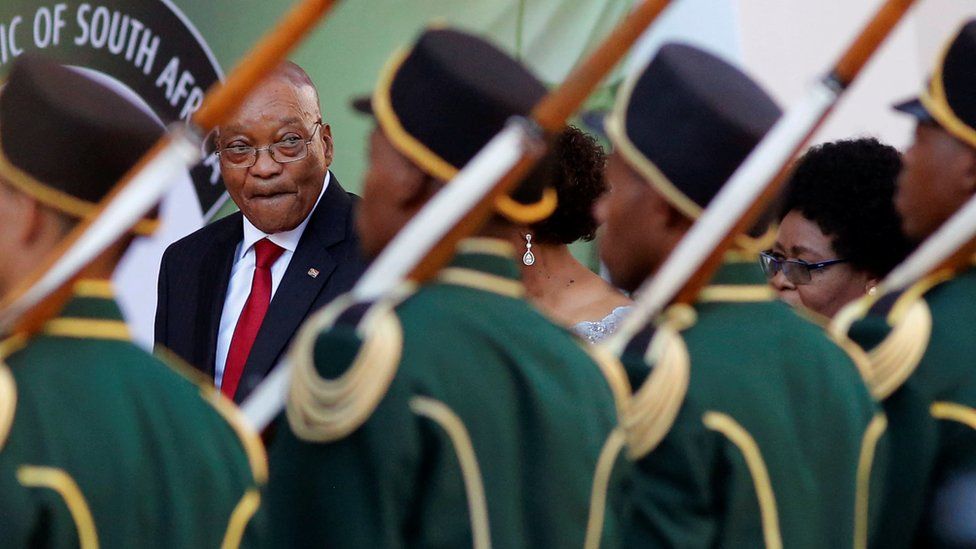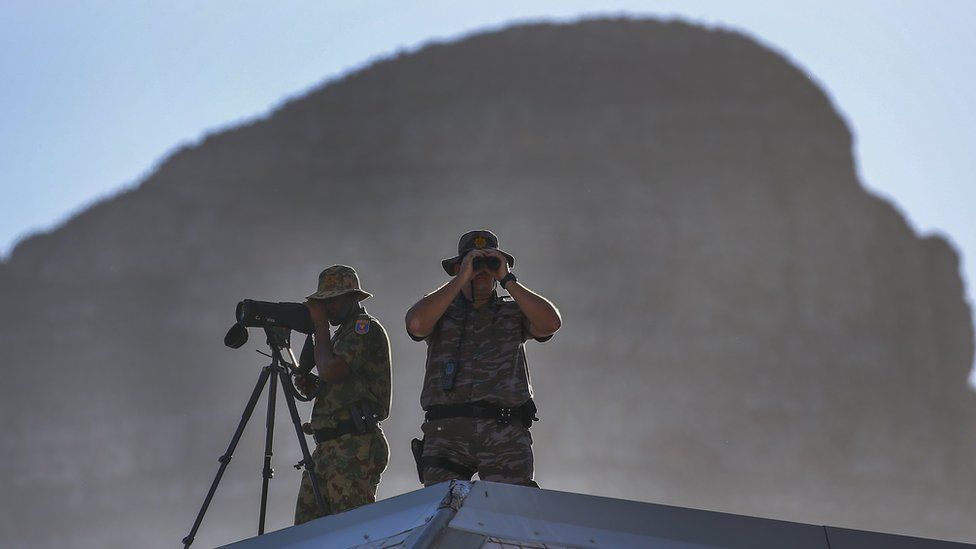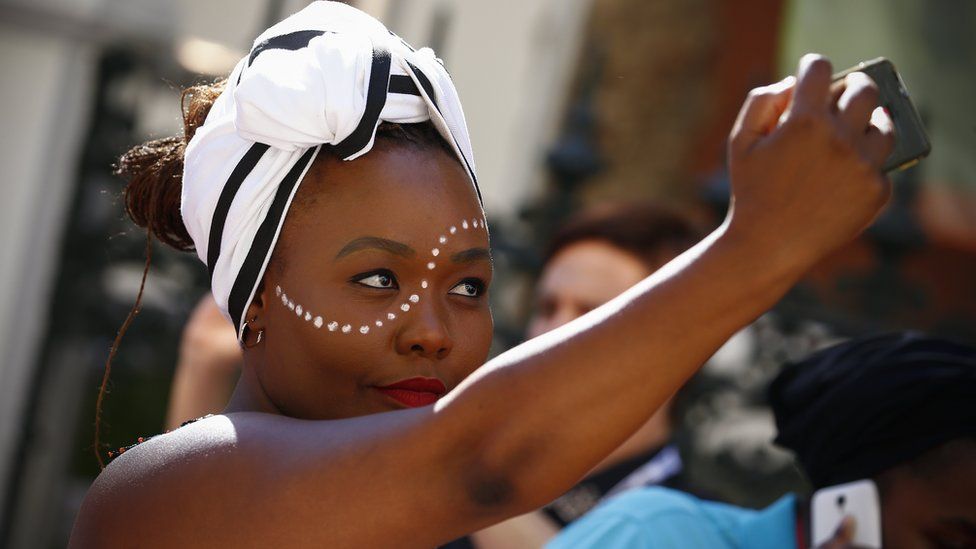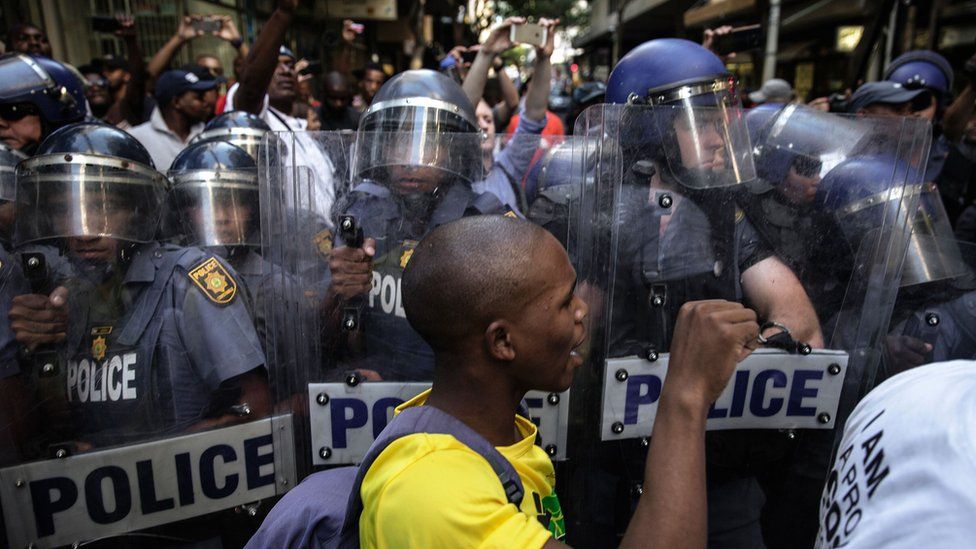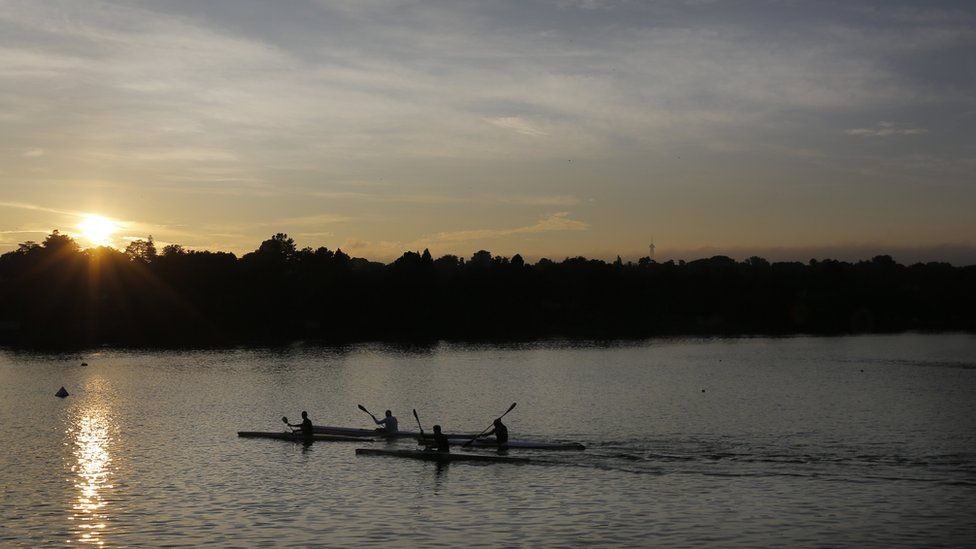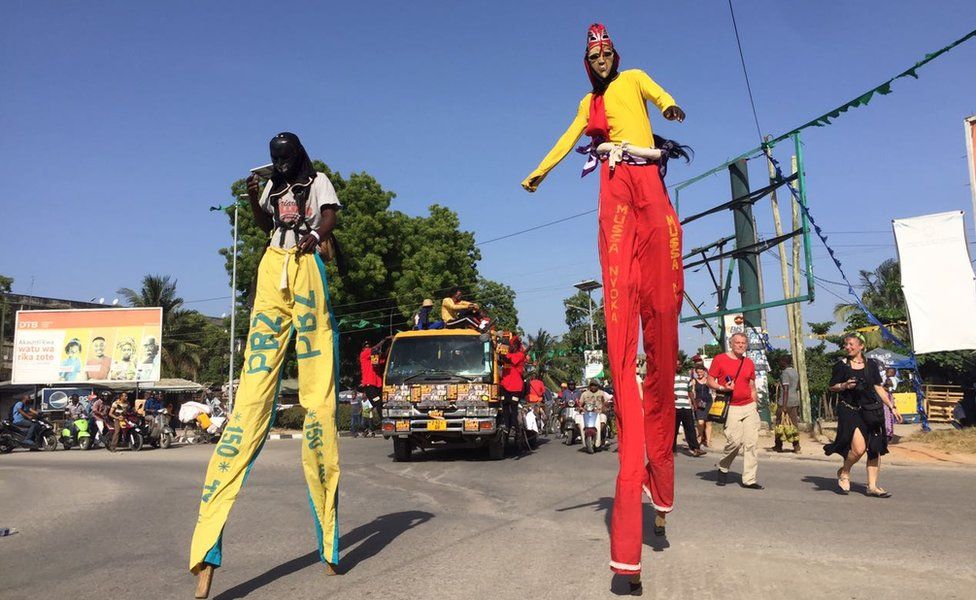Major funding commitment to help ‘virtually bankrupt’ country shake off legacy of dictatorship, as President Adama Barrow promises better life for Gambians
The EU has pledged its support to the new leaders of the Gambia with hundreds of millions of euros, shoring up a country that is “virtually bankrupt” after two decades of Yahya Jammeh’s rule.
Aid to the Gambia dried up under Jammeh, whose record of human rights violations, along with his habit of pulling out of international institutions and throwing out diplomats, alienated donors.
Protesters in the Gambia call for resignation of national assembly
Read more
Now, after promises from the new government to defend human rights, protect media freedom and rejoin the international criminal court and the Commonwealth, the EU has become the first to commit major funding to what has become known as “the new Gambia”.
After a rollercoaster transition period during which Jammeh accepted electoral defeat before performing a U-turn – he refused to leave State House, and finally conceded only under pressure from a phalanx of African presidents – there will be no respite for the country’s new president.
Having beaten the eccentric autocrat despite the odds, largely on a promise of a better life for Gambians, Adama Barrow now faces the challenge of living up to his people’s hopes.
The EU has pledged €75m (£64m) in immediate funding and €150m in the longer term to help “make sure that the new Gambian state can deliver as it should … that it can stand up to the high expectations of the population”, said Neven Mimica, the commissioner for international cooperation and development, who met Barrow on Thursday. “There is no time to lose.”
The former estate agent-turned-coalition leader told Mimica that his country was “in need of immediate rescue”, particularly emergency budget support.
“We have just assumed the task of governing the country after decades of dictatorship and self-imposed isolation,” Barrow said.
Jammeh expelled the EU’s charge d’affaires in 2015, giving her 72 hours to leave Banjul, with no explanation. “We had a dictatorship that thrived on bad governance, human rights abuses, bad policy choices, and violation of the rule of law. A dictatorship that cost us our friends. A dictatorship whose conduct deprived us of our development and aid. A dictatorship that was brutal toward its citizens,” said Barrow.
People thought to be from Nigeria, the Gambia and Senegal wait rescue from a boat in the Mediterranean, north of Libya
Facebook Twitter Pinterest
People thought to be from Nigeria, the Gambia and Senegal await rescue from a boat in the Mediterranean, north of Libya. Barrow hopes that improved economic opportunities will stem the flow of people leaving the country for Europe. Photograph: Sima Diab/AP
“As a new government, what we have inherited is an economy that is virtually bankrupt and in need of immediate rescue. This sad reality was brought about through a mismanagement of our finances.”
Donor money is sorely needed in a country whose economy has grown little in recent decades, prompting many Gambians to take the perilous “back way” to Europe – crossing the Mediterranean from Libya to Italy – in search of a livelihood. The Gambia has public debt of more than 100% of annual GDP and youth unemployment of just under 40%.
The US is planning to send an assessment team to the country shortly after Barrow’s official inauguration on 18 February. Barrow was sworn in as president in neighbouring Senegal last month, as Jammeh clung to power. After all-night negotiations by regional presidents, who finally succeeded in persuading Jammeh to go, Barrow returned to his country and was greeted by thousands of celebrating supporters.
The Gambia faces battle to deter its young people from migrating abroad
Read more
In a final blow, however, Jammeh withdrew more than $11.4m (£9.2m) from the country’s banks in the fortnight before getting on the plane to Equatorial Guinea, according to the interior minister, who said the coffers were “virtually empty”.
Despite the cash flow problems, Barrow and his team have ambitious plans.
The country’s new foreign minister, Ousainou Darboe, said he wanted to make the Gambia the “human rights capital of Africa”. This would be a dramatic turnaround from life under Jammeh, when journalists, political opposition members and people arrested at peaceful protests, whether they were protesting or not, were thrown in jail, often without trial or on trumped-up charges. Darboe was a political prisoner until his release in December, which drew thousands of people to his modest house in Banjul, flooding in to offer their congratulations.
“We already have the institutions that give the Gambia the qualification to be the human rights capital of Africa,” said Darboe. “We have the African Commission on Human and Peoples’ Rights here in Banjul. The only institution we don’t have is the African court of human rights. We are going to champion the establishment of that institution and its location in the Gambia.
Customers shop at the market of Serekunda in Banjul, Gambia, 22 Junuary 2017.
Facebook Twitter Pinterest
Customers shop at a market in Banjul in January 2017. Photograph: Legnan Koula/EPA
“Also, our own practice of human rights and protection of human rights will be a model.”
Barrow has said his administration will prioritise rebuilding the economy, and a national development plan is in the works. He is also creating a thinktank of advisers on agriculture, health, the environment and other areas, to identify the needs in each sector.
The country’s justice system, which Jammeh used to further his own agenda, will be overhauled, and the constitution amended, in particular to remove age limits for positions in government.
Barrow’s first move as president, making Fatoumatah Jallow-Tambajang his vice-president, was unconstitutional, as an age limit of 65 had been set under the youthful Jammeh, who was 29 when he took power and 51 when he left.
Most of the EU’s €75m is for projects tackling malnutrition, food security and unemployment. Drought and climate change have made farming difficult for Gambia in recent years, and a tenth of the population suffers from acute malnutrition. Mimica also said he was aware of the need to support “stability and reconstruction of the Gambian state” and would dispatch a team to Banjul to help decide what the other €150m should be spent on.
Along with the freedoms that Barrow’s government have promised, new economic opportunities could help stem the flow of migration to Europe, and even attract people back to the country.



















